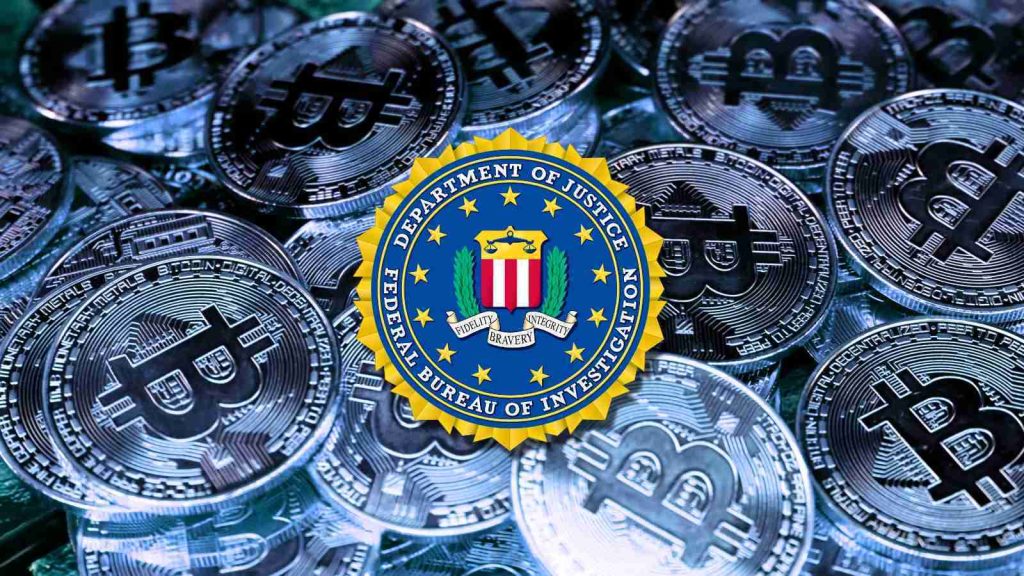
The Federal Bureau of Investigation (FBI) warns that victims of various fraud schemes are increasingly asked by criminals to use cryptocurrency ATMs and Quick Response (QR) codes, making it harder to recover their financial losses.
The warning was published as a public service announcement on the Bureau’s Internet Crime Complaint Center (IC3) on Thursday.
“The FBI has seen an increase in scammers directing victims to use physical cryptocurrency ATMs and digital QR codes to complete payment transactions,” the federal law enforcement agency said.
Also Read: The Importance Of DPIA And Its 3 Types Of Processing
This tactic is used by criminals behind various fraudulent schemes, including online impersonation where the scammer claims to be a government, law enforcement, a legal office, or utility company representative.
Fraudsters will also use it in romance schemes where they first establish an online relationship with their victims before asking for money or in other common scams and frauds.
The scammers will use the same general steps to make sure law enforcement loses track of the fraudulent payments:
This way the criminals make sure the targets will deliver on their promises to pay various sums of money as a favor or in exchange for non-existent fines, depending on the fraud scheme they fall victims to, and they can get away with all the money.
“Cryptocurrency’s decentralized nature creates challenges that makes it difficult to recover. Once a victim makes the payment, the recipient instantly owns the cryptocurrency, and often immediately transfers the funds into an account overseas,” the FBI added.
“This differs from traditional bank transfers or wires where a payment transaction can remain pending for one to two days before settlement. It can also make law enforcement’s recovery of the funds difficult and can leave many victims with a financial loss.”
Also Read: Does Personal Data Market About To Become The Next Big Thing
The FBI urges all those who believe they’ve been the victim of a cryptocurrency ATM or QR code scam to report the fraud to their local FBI field office to get help from specially trained Victim Specialists.
The federal agency also encourages victims to report any fraudulent or suspicious activities they observe to the FBI IC3 at www.ic3.gov.
The FBI shared the following tips to help those targeted in such scams protect themselves:
Importance of Efficient Access Controls that every Organisation in Singapore should take note of. Enhancing…
Prioritizing Security Measures When Launching a Webpage That Every Organisation in Singapore should take note…
Importance of Regularly Changing Passwords for Enhance Online Security that every Organisation in Singapore should…
Comprehensive Approach to Data Protection and Operational Integrity that every Organsiation in Singapore should know…
Here's the importance of Pre-Launch Testing in IT Systems Implementation for Organisations in Singapore. The…
Understanding Liability in IT Vendor Relationships that every Organisation in Singapore should look at. Understanding…
This website uses cookies.